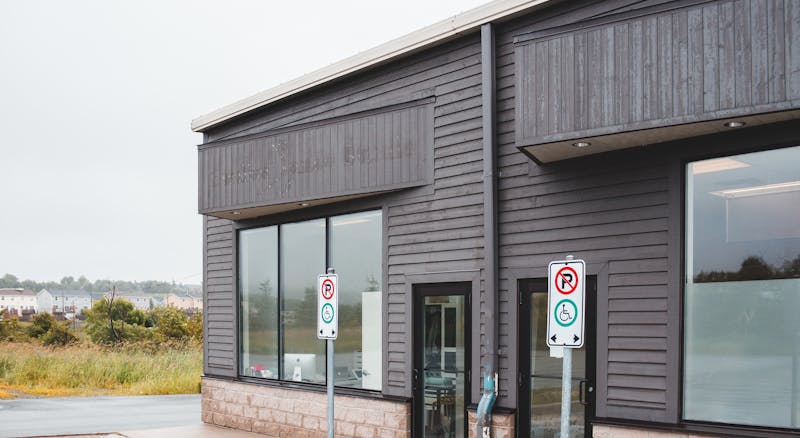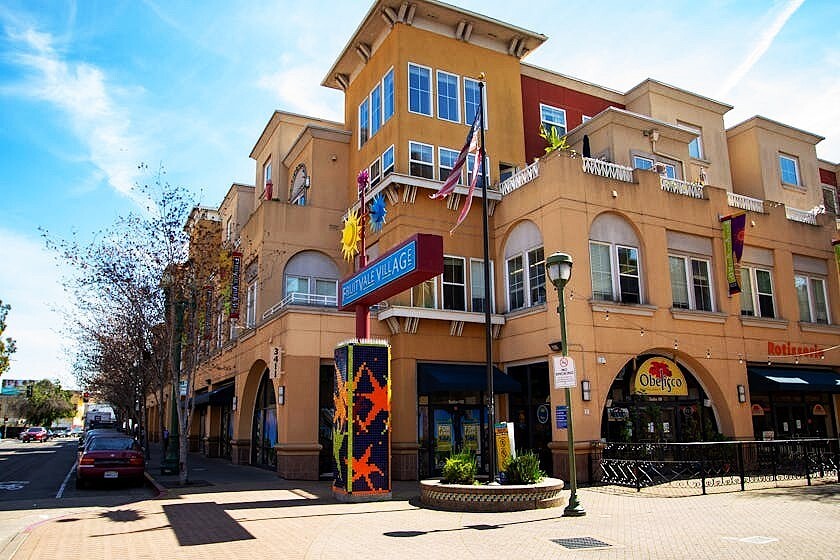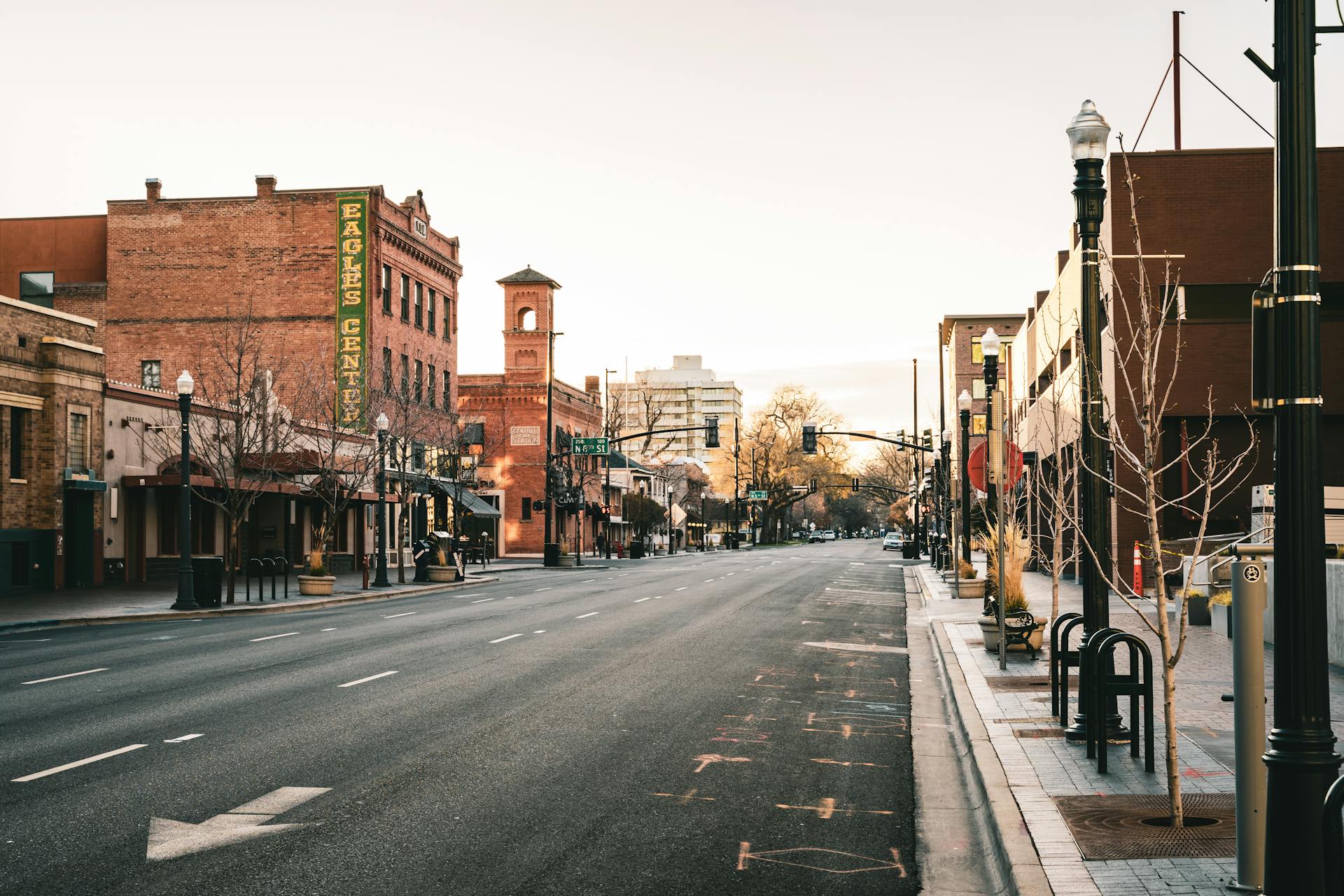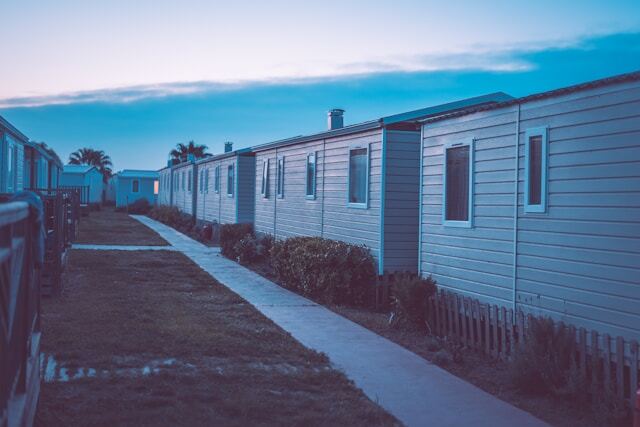The Best Ever CRE Podcast: The Secret Sauce
November 21st, 2024
3 min read

Note: this podcast episode is also available on Apple Podcasts.
RockStep Capital founder Andy Weiner was a featured guest on episode #3675 of The Best Ever CRE Show, the longest-running commercial real estate podcast. As a lifelong student of retail and shopping centers, Andy guided podcast hosts Amanda Cruz and Ash Patel through some of the fundamentals of RockStep's investment strategy. Additionally, Andy clarified some misconceptions that most people have about the shopping center and mall sector, especially regarding whether or not malls are "dying."
The Mall Defense
Andy, Amanda, and Ash started the podcast by discussing WHY RockStep Capital would even choose to operate in the mall space in the first place.
When Ash correctly remarks that no one in real estate investing wants to be in the enclosed mall space, Andy explained, "[RockStep Capital] love to be where nobody wants to be!", going on to say:
"We currently own 14 malls. There's $50 billion approximately of insolvent debt that's coming due in the next three years. It's going to get repriced at dramatically lower basis, typically at land value or slightly above land value at mid teens cap rates."
Andy then explains that by purchasing malls at cap rates as high as 17%, RockStep has managed to deliver stable cash flow and even increase net operating income in some cases.
RockStep Secret Sauce
In the shopping center sector of real estate, the value of local investors cannot be understated. In fact, Andy considers local investors as part of RockStep Capital's "secret sauce".
"[With] every mall we do, we get local investors to come in on our deal as a requirement, as part of the due diligence. It helps with incentives, with entitlements, with property taxes, with rumors, and with alternative leasing ideas because sometimes, our local investors are on the boards of the community college. They're on the board of the hospital district, they're on the board of the economic development. Overall, it reduces risk."
All in all, Weiner attributes the success of RockStep in the shopping center sector to rigorous due diligence, local partnerships, and leveraging community relationships. His strategy involves targeting secondary markets, often in politically conservative areas or “red counties.” These markets are underserved and present growth potential, aligning with RockStep’s core philosophy of finding value in overlooked places.
Diversifying With Power Centers
While malls are a key focus, RockStep also invests in power centers, which are open-air retail spaces anchored by large tenants like TJ Maxx or Ross. These properties have proven to be resilient, with strong occupancy rates and growing tenant demand.
Andy explains to Ash and Amanda that the pandemic and the rise of e-commerce have left RockStep in a very good place strategically with retailers.
"One of the nice things about retail is that Covid-19 and Amazon wiped out all the weak guys and those that have survived, like TJ Maxx®, Ross®, and Khols®, all of them have figured out how to compete with Amazon and they're growing rapidly."
Lessons Learned: Wisely Choosing Markets
Even with a winning strategy like RockStep's, mistakes happen. Weiner recounts an investment in a Minnesota property where misjudgments about market stability and tenant demand led to challenges.
"[W]e overpaid. We thought that when the department store would close, that Dillard's® or Belks® would take it because it store did so well and we made a mistake, they stopped expanding and they did not take it. And there was nothing essential in that market to drive absorption. There wasn't military, there wasn't major university. There wasn't a major 1000 Fortune 1000 company. There wasn't tourism. And as a result, the property did not absorb the way we wanted, and we had trouble also with property taxes."
This experience has made RockStep more selective, focusing only on markets with essential drivers like universities, military bases, or tourism to ensure demographic stability.
"That's an example [showing] where we have gotten more choosy about the markets we go over. There has to be essential drivers. There has to be something driving demographic stability and growth. And in one or two of our properties, we chose the wrong markets made mistake. We've owned up to it. Not fun, but we've gotten better."
The Future of Retail Real Estate
Contrary to popular belief, malls aren't dead. Younger generations, particularly Gen Z, are rediscovering these spaces. Malls and shopping centers can maximize the younger demographic by partnering with retailers that young shoppers flock to (for example, fitness centers, coffee shops, and other types of experimental retail that have exploded in popularity in recent years with Gen Z).
"[I]f you these types of retailers that create excitement for that age group, you'll drive more traffic."
With a blend of traditional retail, entertainment, and mixed-use developments, malls are evolving into community hubs. RockStep’s success lies in identifying these trends early and positioning its assets to meet emerging demands.
Weiner has built a business model that delivers returns and community impact by challenging conventional wisdom and investing where others won't. For investors seeking steady cash flow and diversification, retail real estate—malls included—might be the sector to explore.
Topics:

























